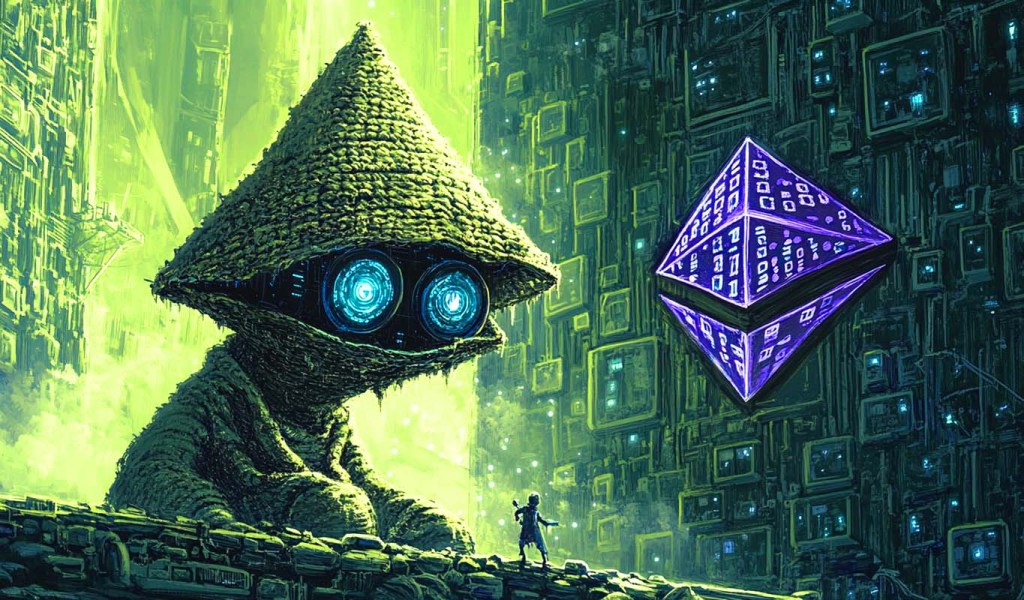
Shiden secures third parachain slot on Kusama

The canary project of Polkadot-based multi-chain DApp hub Astar Network has won Kusama’s third parachain auction.
Shiden, the sister-project of leading Polkadot-native layer-two decentralized app hub, Astar Network (formerly Plasm Network), has won the third parachain auction for Polkadot’s experimental sister-network, Kusama.
Shiden secured the slot with a total of 137,020 KSM tokens bonded — worth nearly $29 million at current prices.
Shiden is a smart contract platform for Kusama-based DApps, offering multi-chain support for Ethereum Virtual Machine and WebAssembly-based contracts. The project also plans to deliver layer-two technology including Plasm and Optimistic rollups on Kusama.
Layer-twos have emerged as the dominant scaling solution for Ethereum, with co-founder Vitalik Buterin predicting rollups will scale the network by roughly 100 times and mitigate Ethereum’s scaling woes until sharding is introduced.
Parachain auctions allow projects to compete for one of Kusama’s 100 parachains, which are akin to sharded sidechains that interact with the network’s main “relay chain” to offer specialized execution and process transactions.
Auctions are conducted via a crowd loan, where projects’ followers agree to lock KSM toward their parachain bid in exchange for governance tokens.
Kusama’s parachains have so far gone to the canary networks of major Polkadot-based projects, with Acala Network’s Karura winning the first slot on June 22 with more than 500,000 KSM bonded — then valued at roughly $90 million. Moonriver won the second slot the following week with nearly 206,000 KSM bonded.
The coming parachain auction is expected to be closely contested, with Khala Network and Bifrost recently being separated by less than 3,000 KSM.
On June 29, Plasm rebranded to Astar Network, signifying the expansion of its focus from Polkadot-based layer-two technology to offer multi-chain support for EVM and WebAssembly.
Go to Source
Author: Samuel Haig









